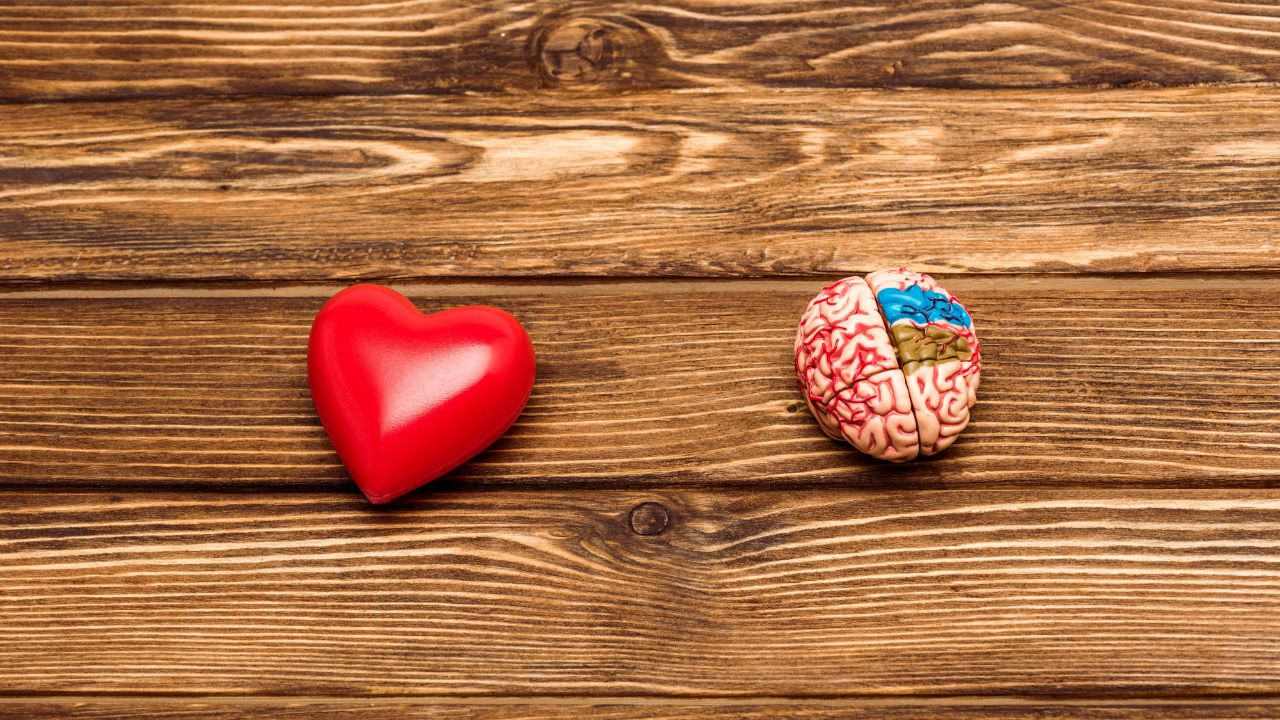
THE MIND AND BODY IS ONE
Jan 15, 2022We usually think of “Mind” and “Body” as two separate entities. However, our thinking and physiological responses are not separated. The Mind and Body are NOT two separated kingdoms. Mind-body is one, interdependent on each other. Psychophysiology is the science that focuses on the relationship between mind and body as one (mind-body). For example, suppose you are cutting vegetables to cook dinner and start replaying in your mind a situation in the sport where you were insulted by another athlete. In that case, the imagery of being insulted will cause physical changes in your body that are fed back to your brain and lead to changes in how you perceive and remember the action you just performed (cutting all the vegetables with anger). Hopefully, you did not cut your finger off.
The interconnection between body and mind is undeniable. Simple sensations, such as hunger, provoke a chemical reaction in the brain, causing a shift in priorities and ultimately prompting the food search. Conversely, eating assuages this physical demand and can lead to important changes in cognitive processes. Pain is another example of bodily sensation that can heavily impact behavior and our actions.
Now, if you become overly anxious before a performance, your nervousness can manifest through physical symptoms like sweaty palms, shortness of breath, and tense muscles. This can negatively impact your decision-making and sports movements. However, taking low and slow breaths and consciously releasing muscle tension can actively lower anxiety and refresh your mind before performing.
Luckily, we have the science that looks at the interactions between mind and body and shows us how thoughts and emotions elicit changes in brain waves, heart rate, muscle tension, and respiration rate. And by using sophisticated technology to see inside the brain and body of athletes to investigate how they feel, think, and perform during challenging situations in sports, we can train new responses.
Biofeedback or biological feedback is the computer-based technology that allows us to see inside the athletes’ bodies. After learning how athletes respond, protocols developed to enhance athletic performance guide the biofeedback training that will change the responses that were previously automatic and maximize sports performance. During the biofeedback session, sensors are placed on the athletes’ bodies and connected to a computer that feed-back information about the athletes’ state.
In summary, by becoming aware of physiological processes and how the mind and body interact to produce athletic performance, athletes can use mental skills and biofeedback to manage thoughts and emotions, voluntarily deactivate unconscious physiological responses, and choose the behaviors that will result in the best performances.
References
Richard Sherman (2019). Saybrook Canvas Video Lectures. APH 5051/5052
If you want to learn more and thrive under pressure, schedule your FREE consultation
